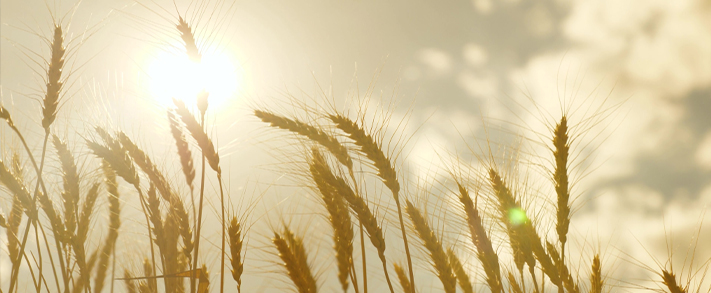
Rural Ecology
The British countryside is full of interesting wild animals which add life and diversity to their surroundings. Farmers and landowners play an important role in controlling and maintaining the population of wildlife in rural areas. The natural environment can be nurtured and damaged by human activity so it is important to strike a balance where the ecosystem is not badly damaged, whilst at the same time protecting the interests of farmers.
Hedgerows
Planting hedgerows between fields is a very good way of encouraging wildlife to flourish in an environment where trees and other plants may have been destroyed to make way for farmland. Many birds and insects populate hedgerows and growing them allows farmers to support the local ecosystem which can be disrupted by farming practices.
Emissions
Food production and farming accounts for a significant portion of the U.K.’s greenhouse gas emissions, and this is also the case on a worldwide scale. Methane emissions from cattle are responsible for a large proportion of the gas produced by farms. One way in which farmers can reduce their harmful emissions is by using organic fertilisers instead of synthetic fertilisers. Fertilisers are the largest source of nitrous oxide, which is a greenhouse gas, and this contributes to global warming. Organic fertilisers such as manures and composts produce far less emissions and use up less energy than the manufacture of synthetic fertilisers. Global warming itself is a phenomenon that could have a dramatic effect on the life of farmers across the country because their land could lose its fertility and rising temperatures would force them to produce different crops.
Animal control
There is a need to control the population of certain animals which can cause damage to crops and kill livestock. Farmers should take action to control the rabbit population
in the countryside as they pose a threat to crops and are able to reproduce very rapidly. Foxes also pose a threat to farmers as they attack animals such as chickens and sheep. However as it is now illegal to hunt foxes with dogs, it is advisable to consult the laws in place before taking action to control the fox population. Farmers should also make sure that walkers who use their land keep their dogs on a leash or do not bring them onto the land at all. Dogs can scare cattle and in some cases may provoke livestock to attack walkers; therefore farmers should take action to make walkers aware of the dangers of bringing domestic animals onto their land.
